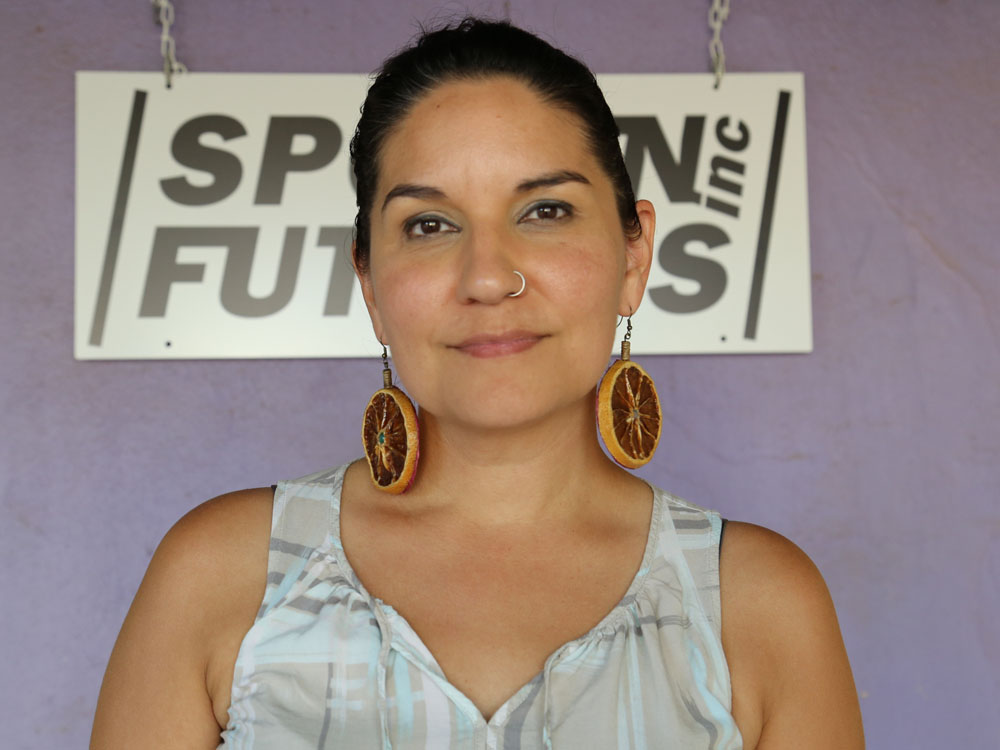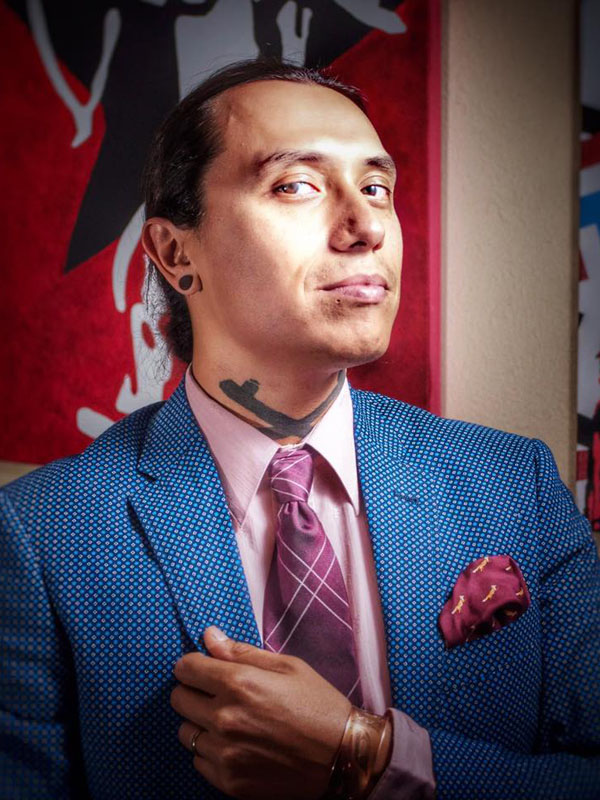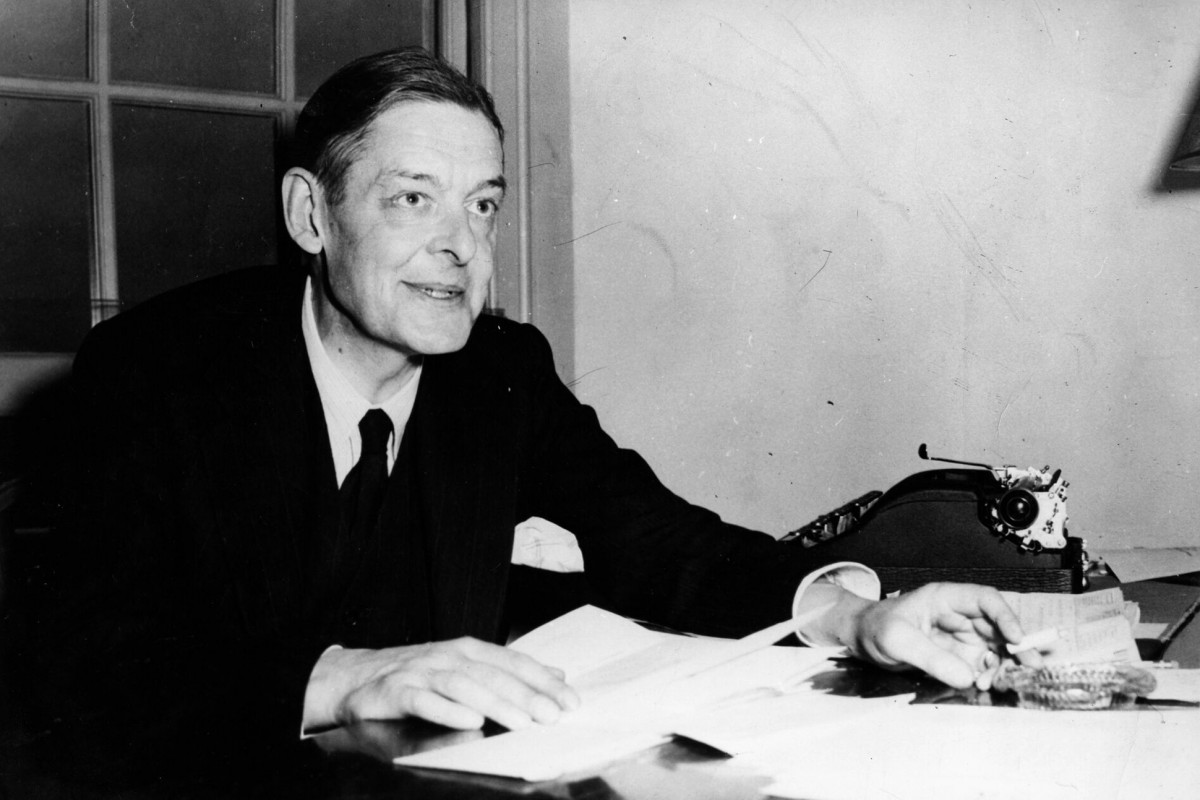Winner of the 2017 Maureen Egen Writers Exchange Award for fiction from Poets & Writers, and one of the “5 More Over 50” debut authors in the November/December 2017 issue of Poets & Writers Magazine, Joan Dempsey is the author of the novel, This Is How It Begins (She Writes Press, October 2017). She received an MFA from Antioch University Los Angeles and was the recipient of a significant research grant from the Elizabeth George Foundation. Her writing has been published in the Adirondack Review, Alligator Juniper, Obsidian: Literature of the African Diaspora, and Plenitude Magazine, and aired on National Public Radio.
 On a crisp, clear October morning, the three of us hustled down Vesey Street in Lower Manhattan, not wanting to be late for our meeting with Deborah Treisman, fiction editor at the New Yorker. We hurried past chain-link fences, shrouded to obscure what remains undone in the wake of 9/11. We waved away hawkers who propositioned us with memorial tours. We tried not to think about going up thirty-eight stories in the One World Trade Center building.
On a crisp, clear October morning, the three of us hustled down Vesey Street in Lower Manhattan, not wanting to be late for our meeting with Deborah Treisman, fiction editor at the New Yorker. We hurried past chain-link fences, shrouded to obscure what remains undone in the wake of 9/11. We waved away hawkers who propositioned us with memorial tours. We tried not to think about going up thirty-eight stories in the One World Trade Center building.
I was in Manhattan as the winner for fiction of the 2017 Maureen Egen Writers Exchange Award from Poets & Writers, which includes an all-expenses-paid whirlwind tour of the New York literary scene. Brian Evans-Jones, the winner for poetry and a fellow Maine resident, kept pace beside me. Both of us trotted along after Bonnie Rose Marcus, director of Readings & Workshops (East) and the Writers Exchange, who kept us on schedule as we rushed from one meeting to the next.
By the end of our six days, we’d gathered with nearly thirty people working in the literary world. The meeting with Treisman came on our second morning, but in hindsight it feels like the culminating event because it so well personifies the collective spirit of the week.
The guard in front of the revolving doors at One World Trade Center tried to shoo us down the block, assuming we were there for the 9/11 tour. We stated our purpose and were suddenly inside the cavernous lobby, the ceiling an impossibly high sixty-five-feet overhead. Other guards scrutinized our IDs, photographed us, carefully searched our bags, and ushered us through the metal detectors. We made nervous small talk, each of us keenly aware that we were heading up into the sky that used to house the twin towers.
The New Yorker offices are as lovely as you might imagine: walls lined with framed cartoons and magazine covers, books and papers everywhere, the distinctive Irvin typeface gracing the signs that indicate who inhabits each office. Walls of glass abound, maximizing the sweeping views out to Ellis Island and the Statue of Liberty and all the way uptown to the Empire State Building.
In Treisman’s office, she encouraged us to step right up to the window to get the full view; it was impossible not to think about those who had jumped. Far below, the twin reflecting pools occupy the footprints of the original towers. We talked about editing Alice Munro, the significance of fiction, and the gravity of fact-based journalism during the Trump era. “It’s no secret that we’re not fans of Trump,” Treisman said fiercely. I felt a similar fierceness—an urgency—in each of our meetings, an undercurrent of purpose that writers in gentler times are spared.
As we toured the New Yorker offices, a few people glanced up and smiled, but most were assiduously tending to their work. The quiet buzz of dedicated, brilliant, and creative industry I felt in that office was echoed in every other meeting that week. It filled me with a sense not of comfort, exactly, but of certitude. Literary artists continue to use words as writers have always used words: to speak truth to power, to inspire and bear witness, to exercise our greatest freedom. I am proud to be among them.

The Maureen Egen Writers Exchange Award is generously supported by Maureen Egen, a member of the Poets & Writers Board of Directors.
Photos: (top) Joan Dempsey and Brian Evans-Jones at the New Yorker offices (Credit: Bonnie Rose Marcus). (bottom) Joan Dempsey and Brian Evans-Jones with judges for the 2017 Maureen Egen Writers Exchange Award Tania James and Cynthia Cruz (Credit: Margarita Corporan).




 Spoken Futures, a youth organization based in Tucson, Arizona, hosted the season kickoff of the Tucson Youth Poetry Slam (TYPS) on August 19, 2017, which featured P&W–supported poet Bobby Wilson. Wilson’s work is heavily influenced by his Dakota heritage, and his spunky spirit and deep cultural roots resonated with the high school-aged youth. He led a writing workshop with about ten youths, moving them through the anxiety of writing and performing. By the end, all overcame their fears and signed up to compete in the poetry slam.
Spoken Futures, a youth organization based in Tucson, Arizona, hosted the season kickoff of the Tucson Youth Poetry Slam (TYPS) on August 19, 2017, which featured P&W–supported poet Bobby Wilson. Wilson’s work is heavily influenced by his Dakota heritage, and his spunky spirit and deep cultural roots resonated with the high school-aged youth. He led a writing workshop with about ten youths, moving them through the anxiety of writing and performing. By the end, all overcame their fears and signed up to compete in the poetry slam. Wilson, a new transplant to Tucson, but a friend of many years to local organizers, also performed a set halfway through the slam. He roped in the audience with poems about his indigenous heritage, trauma from colonization, and dreaming our dreams. In his opening piece, he spoke about the national anthem: “I will not stand, I will not kneel. There are needles in our knees given to our grandparents by good God-fearing men and the women they own.” Wilson is raw, honest, and a kind person. He stayed late to talk to youth, and supported our work with his time and energy.
Wilson, a new transplant to Tucson, but a friend of many years to local organizers, also performed a set halfway through the slam. He roped in the audience with poems about his indigenous heritage, trauma from colonization, and dreaming our dreams. In his opening piece, he spoke about the national anthem: “I will not stand, I will not kneel. There are needles in our knees given to our grandparents by good God-fearing men and the women they own.” Wilson is raw, honest, and a kind person. He stayed late to talk to youth, and supported our work with his time and energy. On a crisp, clear October morning, the three of us hustled down Vesey Street in Lower Manhattan, not wanting to be late for our meeting with Deborah Treisman, fiction editor at the New Yorker. We hurried past chain-link fences, shrouded to obscure what remains undone in the wake of 9/11. We waved away hawkers who propositioned us with memorial tours. We tried not to think about going up thirty-eight stories in the One World Trade Center building.
On a crisp, clear October morning, the three of us hustled down Vesey Street in Lower Manhattan, not wanting to be late for our meeting with Deborah Treisman, fiction editor at the New Yorker. We hurried past chain-link fences, shrouded to obscure what remains undone in the wake of 9/11. We waved away hawkers who propositioned us with memorial tours. We tried not to think about going up thirty-eight stories in the One World Trade Center building.
